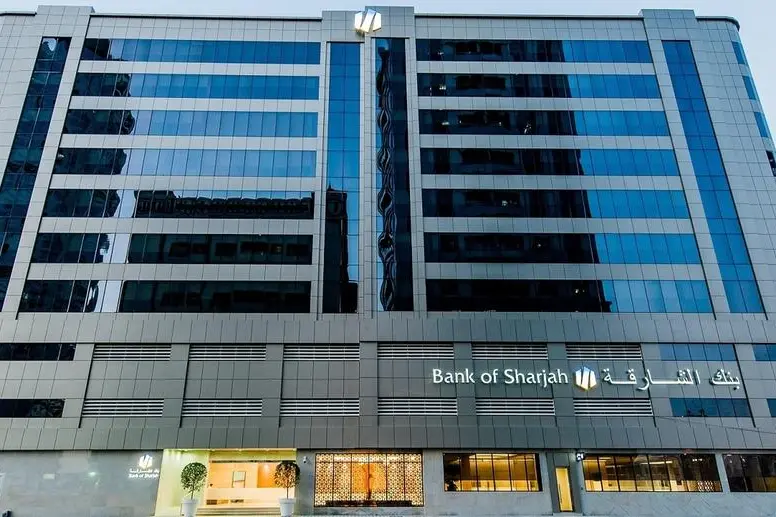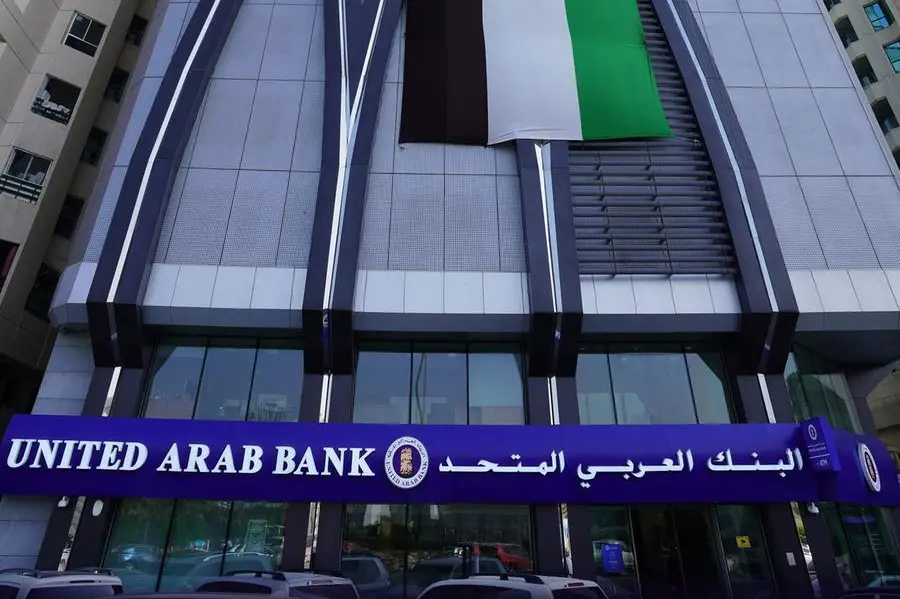They Can’t Even: A Generation Avoids Facing Its Finances
Pandemic whiplash and inflation make managing a budget a challenge for young people
Many young adults overwhelmed by financial stress cope by ignoring the problem.
Some tune out bank and credit-card balances, lose track of their spending and rack up debt. Average credit-card debt rose 29% to $5,800 in March from a year earlier for millennials and increased 40% to $2,800 for Gen Z, Credit Karma said. Younger people were also more likely to have paid late fees or taken advances from their credit cards, a survey from NerdWallet found.
Psychologists call these behaviours financial avoidance and say it is a typical habit among younger people in any era.
But the pandemic’s economic whiplash followed by high inflation is making such avoidance more common, say economists and financial advisers. The consequences of ignoring bank and credit-card accounts include overspending, damaged credit and deep debt. Millennials in their 30s had the steepest increase in debt of any age group since the pandemic. Avoidance can complicate later milestones, such as buying a home or retiring.
Spending tends to be more satisfying than budgeting or tracking your expenses, “even if cognitively you know it’s not really the healthiest coping choice to engage in,” said Dr. Vaile Wright, a senior director at the American Psychological Association, who studies stress and anxiety.
Avoidance is a common coping mechanism for all forms of anxiety. Someone with social anxiety avoids parties. Someone with a fear of heights may avoid getting on a plane. The APA’s Stress in America 2022 survey found that 83% of adults reported inflation as a source of stress.
James Gay, 22, said he is reckoning with the effects of his financial avoidance since the pandemic.
In 2020, Mr. Gay moved from Mayo, Fla., to Tallahassee to attend Florida State University, sharing a three-bedroom apartment with two friends. With everything closed and his classes completely online, he said he ordered from DoorDash instead of cooking and shopped online to counter his uncertainty and boredom.
“That was my outlet to really enjoy my college experience,” he said.
He developed a particular affinity for Crocs, and now owns about 15 pairs.
“My budgeting plan was very loose,” said Mr. Gay, who was also responsible for his own health insurance, phone bill, utilities and car maintenance. “Sometimes I’d forget about the bills.”
He dipped into his savings to cover rent and utilities. Mr. Gay eventually received a call from his father, who had checked his credit-card account and saw he had used 90% of his $500 limit. After that he changed his ways.
Avoidance seems greatest among Gen Zs and millennials, a survey last month by Credit Karma suggests: 28% in each of those generations said they often or always feel a sense of financial dissociation. That is compared with 4% of baby boomers or older Americans.
“Our culture is really big on overconsumption. We’re constantly spending on things just to self-soothe,” said Alexis Howard, a 28-year-old financial adviser at Mariner Wealth Advisors in Emeryville, Calif.
Ms. Howard noticed this in her own spending behaviour. She ordered clothes and furniture on Amazon during the pandemic, small purchases that would snowball into bigger expenses than she realized. At one point she was spending about $500 a month on online shopping and takeout.
This year, she embarked on a challenge to keep her discretionary spending under $50 monthly. As a financial adviser, she said she knows how easy it can be to lose sight of bigger goals.
“People are really just prioritising happiness, and a lot of folks see happiness in traveling, eating out but simultaneously value larger long term goals like owning a home and retiring with wealth,” Ms. Howard said.
Young adults with lower-wage jobs may avoid budgeting and checking their bills because it makes them feel helpless, said Abigail Sussman, a professor of marketing at the University of Chicago’s Booth School of Business.
“If you feel like you’re really behind, then budgeting also is a reminder of how behind you are,” Prof. Sussman said. “If you set goals that are too high, it can be demotivating.”
It can also help to review what you spent in the past month with a financial buddy, said Jeff Kreisler, head of behavioural science at J.P. Morgan Private Bank. This should be someone who isn’t a romantic partner or family member but whom you trust enough to talk through certain purchases.
“It’s forcing yourself to examine your own decisions,” Mr. Kreisler said.
He recommends setting financial goals with friends. For example, if you are planning on going on vacation with someone, you can both agree to set aside $50 each week for the trip for the next four months, he said. That way, you are both holding each other accountable.
 Copyright 2020, Dow Jones & Company, Inc. All Rights Reserved Worldwide. LEARN MORE
Copyright 2020, Dow Jones & Company, Inc. All Rights Reserved Worldwide. LEARN MORE
Chris Dixon, a partner who led the charge, says he has a ‘very long-term horizon’
Americans now think they need at least $1.25 million for retirement, a 20% increase from a year ago, according to a survey by Northwestern Mutual
Highlighting a significant recovery and robust growth across all key performance metrics.
Bank of Sharjah has released its results for the period ending 30 June 2024, showcasing robust performance and strong momentum since the beginning of the year. The Bank reported a net profit of AED 171 million, a significant turnaround from the AED 144 million loss in the same period last year.
This remarkable improvement is attributed to a substantial increase in net interest income, stringent credit underwriting, and reduced operating costs, marking a 233% increase over the previous year when excluding the one-time impairment charge from de-linking its Lebanese subsidiary.
The Bank’s exceptional financial results highlight the effectiveness of its strategic focus on sustainable growth, with notable improvements across all major performance metrics. Funded and unfunded income both saw increases, with net interest income rising by 108% and operating income growing by 34%.

Additionally, the cost-to-income ratio improved significantly to 40.1% due to cost discipline measures. The balance sheet remains strong with a loans-to-deposits ratio of 86.63%, indicating comfortable liquidity. The Bank also maintains strong capitalization, with a regulatory capital adequacy ratio exceeding 15% and Tier 1 and CET1 capital ratios around 14%. These positive results underscore the Bank’s underlying strength, operational efficiency, prudent risk management, and ongoing enhancement of shareholder value.
Commenting on the Bank’s results, Sheikh Mohammed bin Saud Al Qasimi, Chairman of Bank of Sharjah, stated: “We are pleased with our outstanding performance in the first half of 2024, which reflects our commitment to adding value to our customers, supporting our communities, and rewarding our shareholders. Despite the challenging geopolitical situation in the region, the UAE economy has remained resilient and continues to register healthy growth following various economic diversification initiatives that provide consistent impetus for trade, investment, and wealth creation. Bank of Sharjah has entered a new chapter with a new leadership team, focused on building new business streams, expanding our reach across the UAE and the region, and delivering exceptional service to our customers.”
He added: “Our performance in the first half of the year demonstrates the effectiveness of our new strategy, and we look forward to delivering continued growth in the years to come.”

The CEO, Mr. Mohamed Khadiri, commented “2024 has begun exceptionally well for Bank of Sharjah, with the bank achieving a record year-on-year profit. I am delighted with our stellar performance as we continue to strengthen the bank’s fundamentals. Our outstanding results reaffirm that our new business strategy is on track to deliver sustainable revenue growth, driven by business expansion, operational efficiency, prudent risk management, and talent development. This achievement is also a testament to the Bank’s success in providing high-quality financial services that meet the aspirations and growing needs of our customers.”
He further added: “Bank of Sharjah is a strong and respected brand within the local community. We are leveraging our core strengths to build a platform that will operate at its full potential across the UAE and the region. The Bank remains focused on executing our strategy and is well-positioned to maintain strong performance throughout 2024 and beyond.”
Chris Dixon, a partner who led the charge, says he has a ‘very long-term horizon’
Americans now think they need at least $1.25 million for retirement, a 20% increase from a year ago, according to a survey by Northwestern Mutual





















